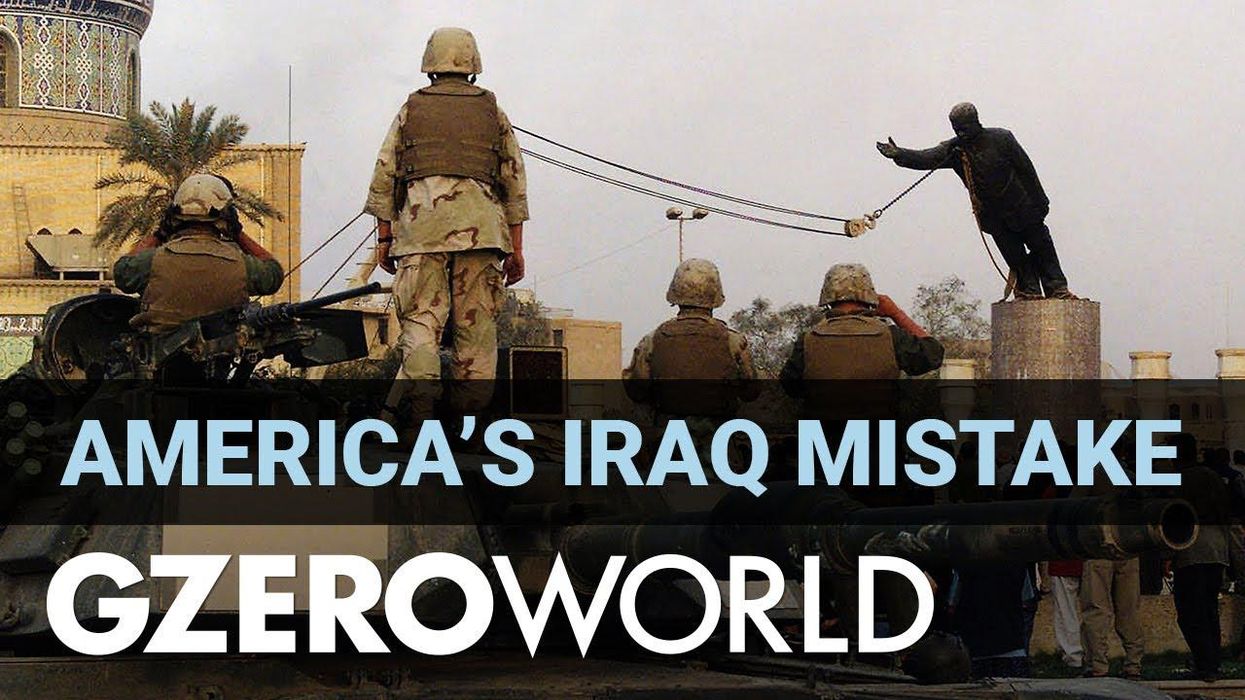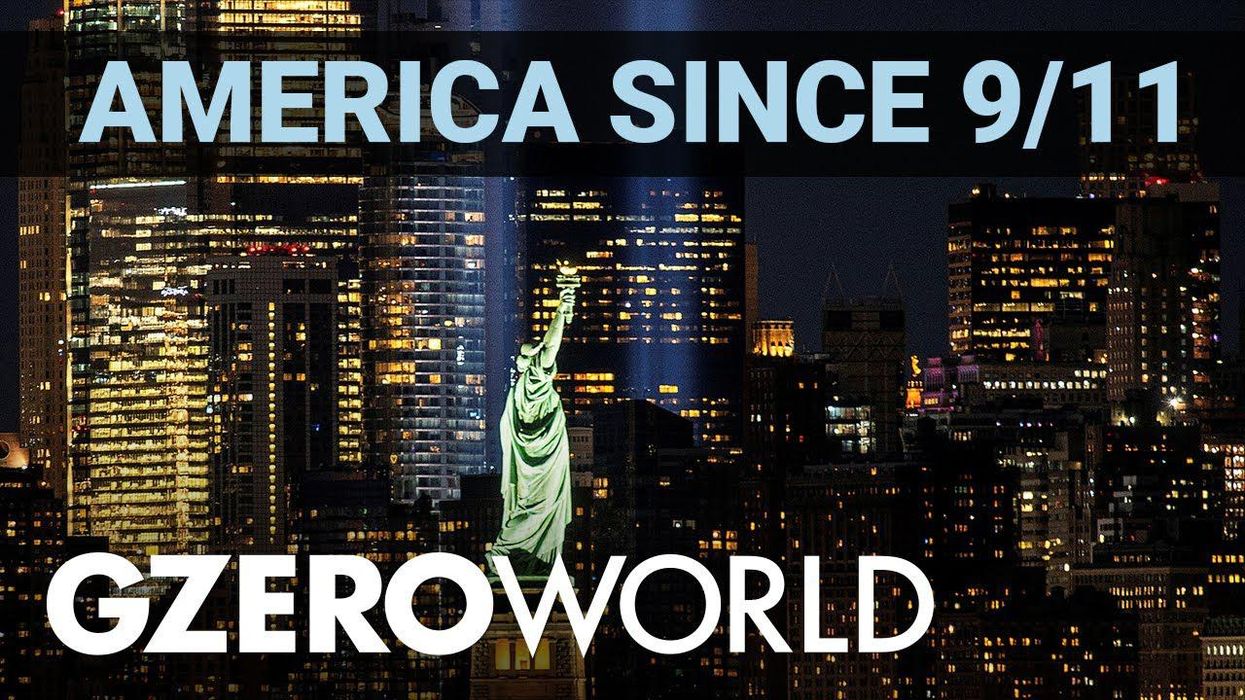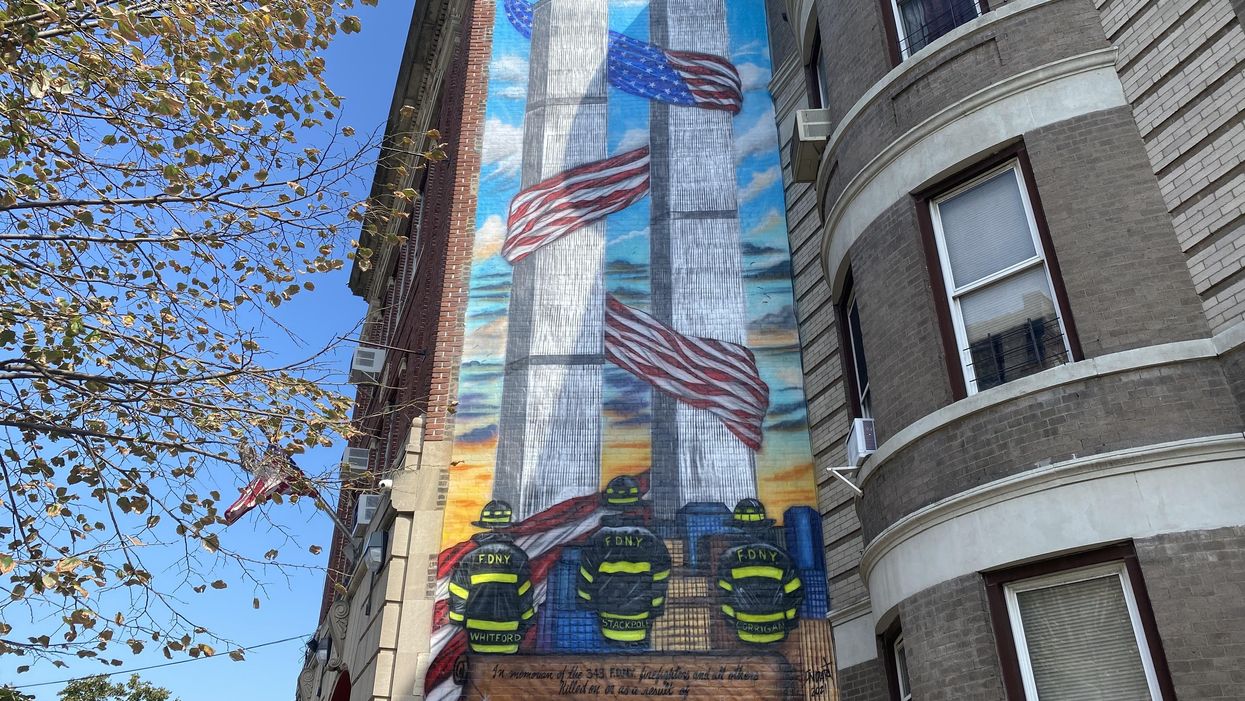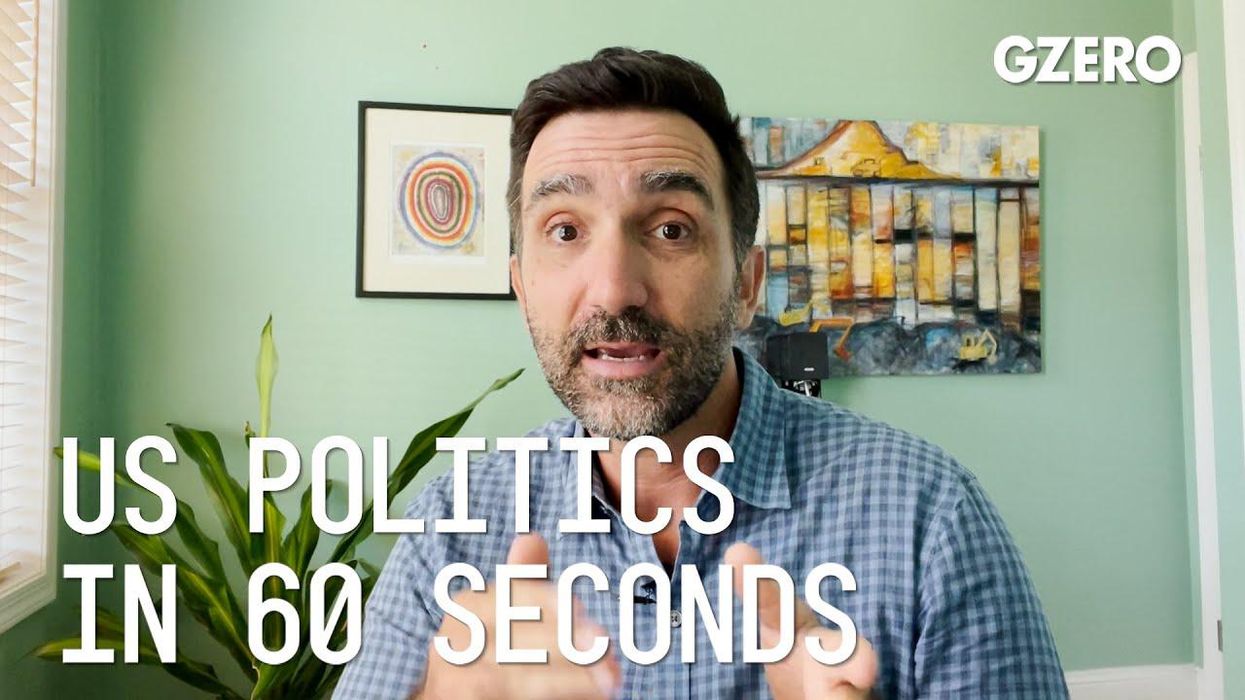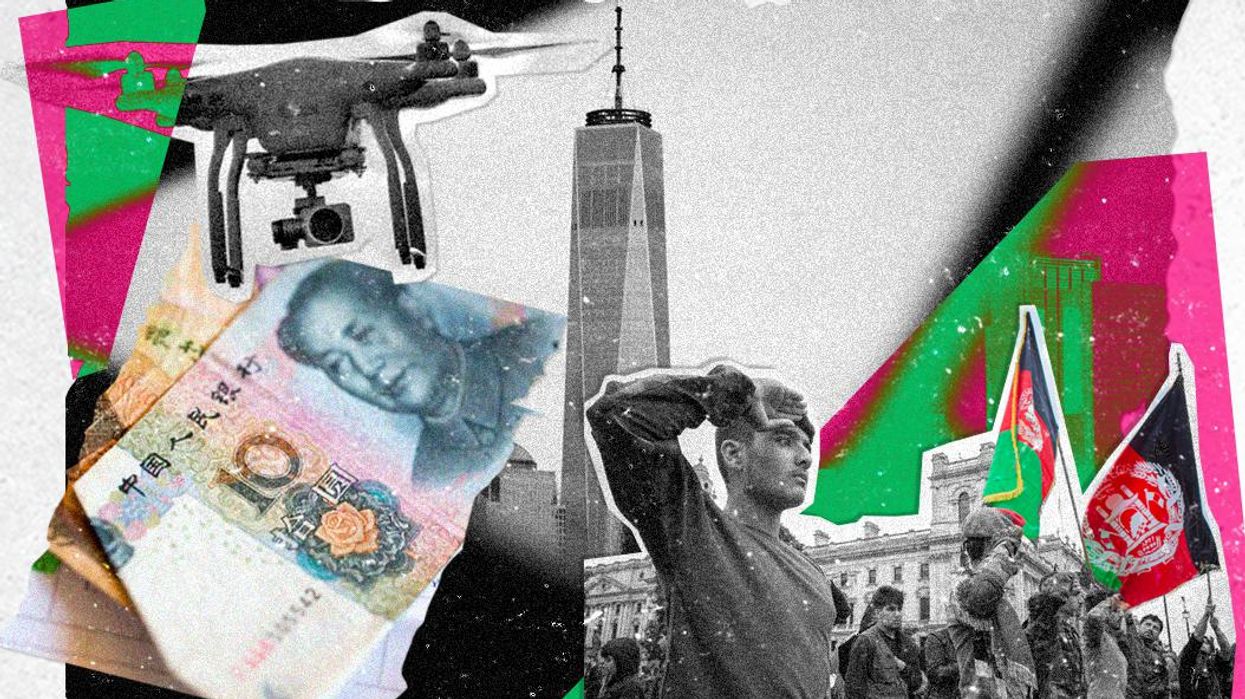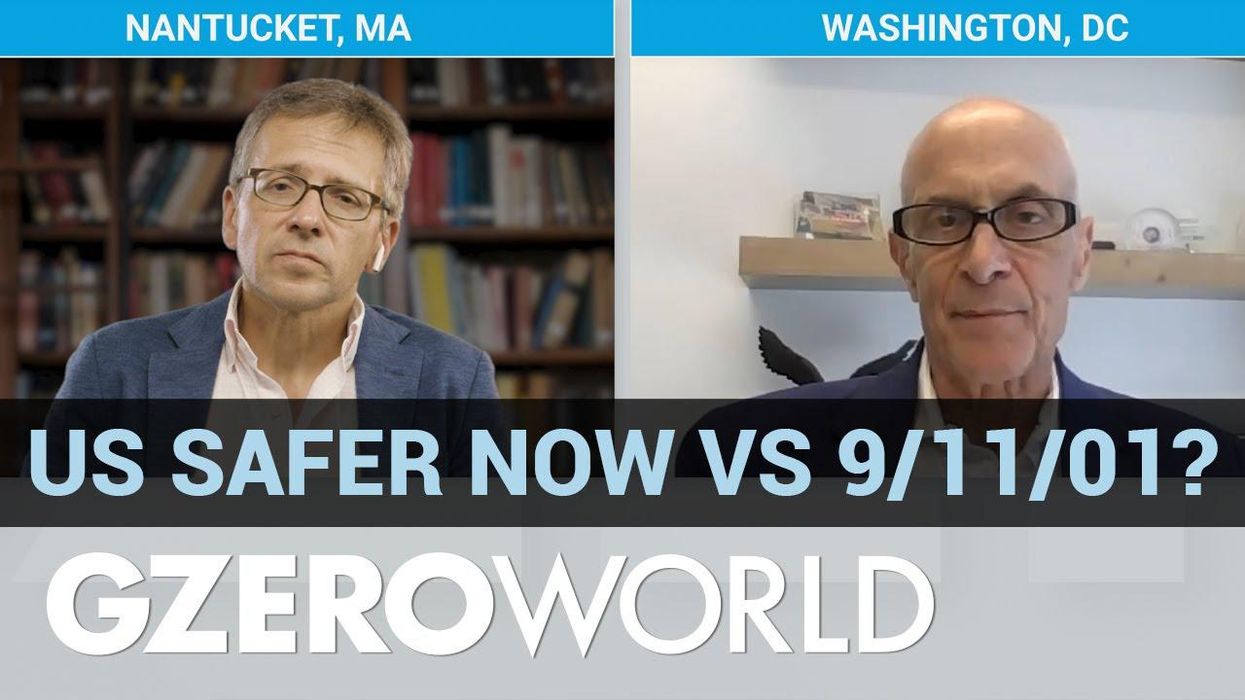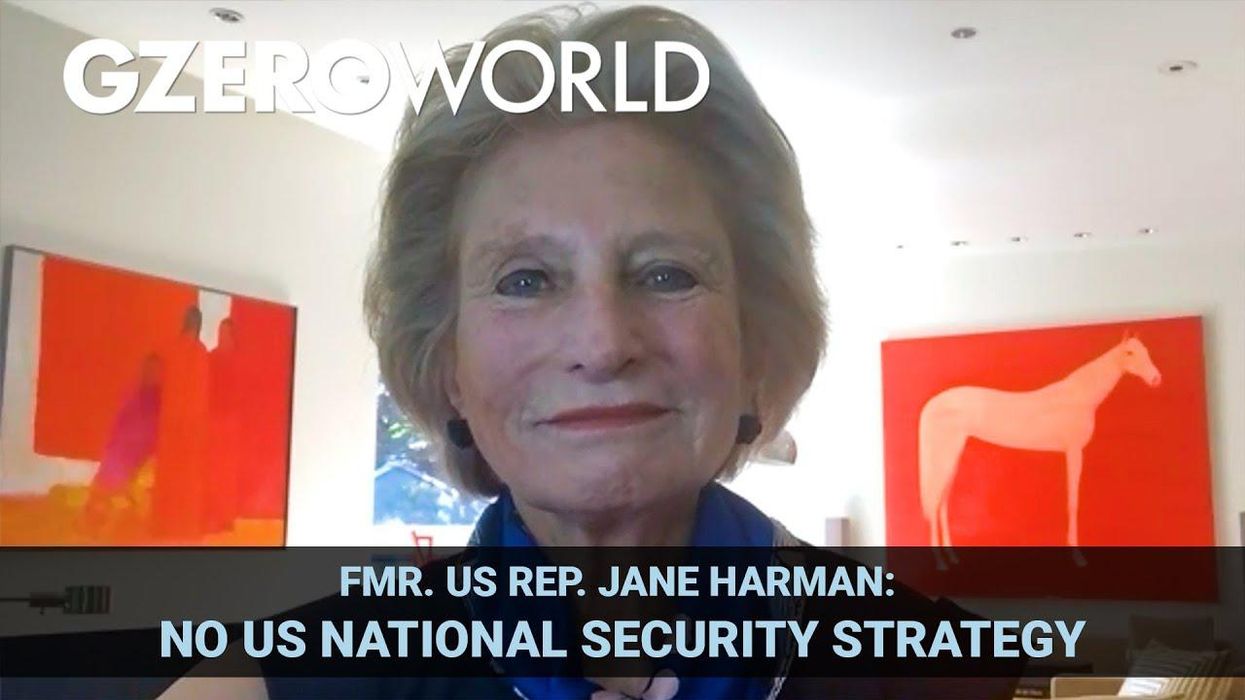GZERO World Clips
Former top US official regrets Iraq becoming 'magnet' for terrorism
If Michael Chertoff has one regret from his tenure as US secretary of Homeland Security (2005-2009), it's Iraq. He says the US-led war there not only distracted from Afghanistan, but the unclear mission and lack of post-war planning ultimately turned Iraq into "a magnet for all kinds of attacks on Americans, that absorbed more resources, more attention, and more patients."
Sep 13, 2021
